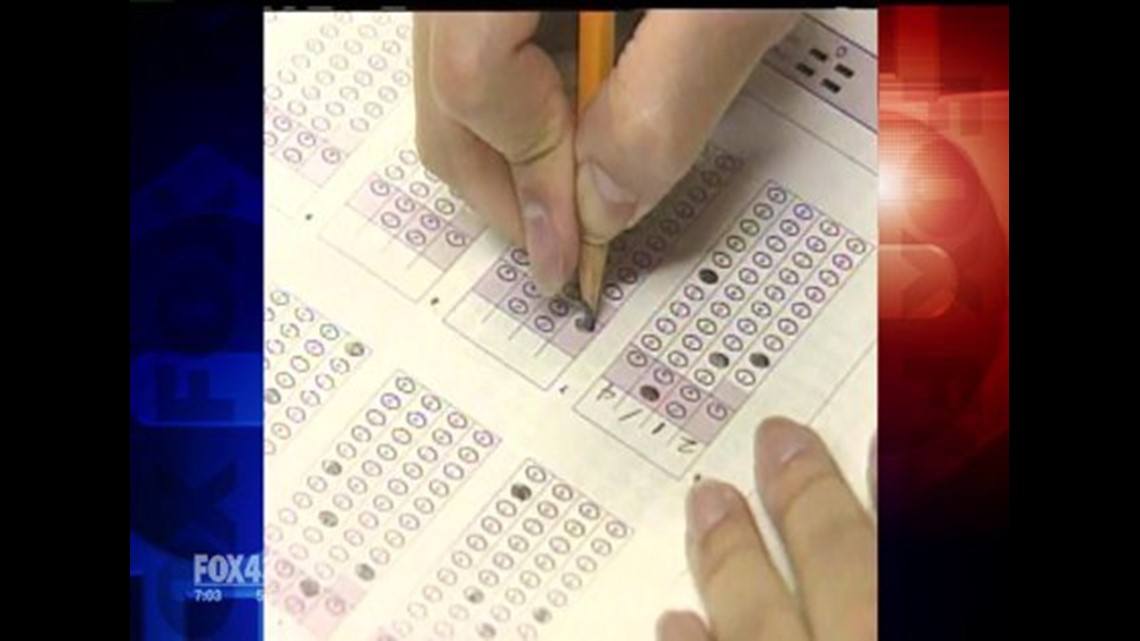

The State Board of Education today approved revised regulations to update the state’s academic standards and high school graduation requirements.
These changes in the Academic Standards and Assessments will ensure that Pennsylvania’s students are graduating prepared to enter postsecondary education, the workforce and the military, acting Secretary of Education Carolyn Dumaresq said.
In May, Governor Tom Corbett asked the board to delay further action on the regulations until concerns raised by lawmakers and the public were addressed.
During the past several months, members of the board and the Department of Education met with lawmakers and participated in House and Senate Education committee hearings to address their concerns.
The board also reviewed the resolution passed by the state House of Representatives that called on the Secretary of Education and the board to ensure that the academic standards are Pennsylvania specific and appropriate for students.
To address the issues highlighted in the resolution, the board amended the regulations to include language that the academic standards and Keystone Exams apply only to public schools; the department shall not require schools to use a statewide curriculum or statewide reading lists; national assessments will not be administered to students; and the department will not expand its collection of student and personal family data.
Dumaresq noted that today’s board action advances the process to finalize the Pennsylvania Core Standards and the requirement for students to demonstrate proficiency on the Keystone Exams, an approved, equivalent local assessment, or a comparable Advanced Placement or International Baccalaureate exam to obtain a diploma from a Pennsylvania public school.
“Governor Corbett believes that these new academic standards will ensure that our children are graduating high school with the skills and knowledge necessary to compete with their peers locally, nationally and internationally,” Dumaresq said.
“As the economy continues to evolve, students must be able to think more critically and demonstrate their ability to analyze concepts and communicate clearly and effectively.”
These standards will serve as a framework for schools as to what students should be taught and have knowledge of based on their grade level, Dumaresq said. Local schools, educators and communities will continue to decide the curriculum, instructional strategies and materials to be used in the classroom.
The board also adopted the final implementation schedule for the Keystone Exams, which are rigorous, end-of-course assessments designed to ensure a student’s mastery of specific academic content.
Beginning with the class of 2017 – this year’s ninth grade class – students will be required to pass three Keystone Exams – Algebra I, biology and literature – or a comparable assessment to obtain a high school diploma.
The class of 2019 – this year’s seventh grade class – will be required to pass four Keystone Exams – Algebra I, biology, literature and composition.
The class of 2020 – this year’s sixth grade class – and beyond will be required to pass five Keystone Exams – Algebra I, biology, literature, composition, and civics and government.
The composition and civics and government exams will only be implemented based on available state funding. Subject to available funding, five additional Keystone Exams would be made available to schools for voluntary use.
The board also eliminated the requirement for all students to complete a culminating graduation project as well as the Keystone Exams from being factored as one-third of a student’s course grade.
“The Keystone Exams are aligned to the more rigorous Pennsylvania Standards and as such, the department anticipates fluctuations in student test scores during this transition,” Dumaresq said. “Any decline in scores will improve as students and schools become accustomed to the new academic standards.”
For the past several years, the department has put into place comprehensive, high-quality resources, such as the Standards Aligned System (SAS), for schools and educators to use to enhance their academic and instructional programs and services.
An Internet-based system, SAS provides educators with access to materials and resources for classroom instruction, including a classroom diagnostic tool that provides details of each student’s strengths, weaknesses, knowledge and skills in specific content areas; voluntary model curriculum; and learning progressions that indicate how students progress toward mastery of the skills needed for postsecondary success.
Statewide, more than 157,000 registered users make use of the SAS website, www.pdesas.org. To date, SAS has been accessed more than 32 million times.
“Under the governor’s leadership, the department is working to put into place what is in the best interest of Pennsylvania students,” Dumaresq said. “We must ensure that our children are provided with high-quality educational programs.”
With the board’s approval of the regulatory package, it will now continue through the regulatory review process.
